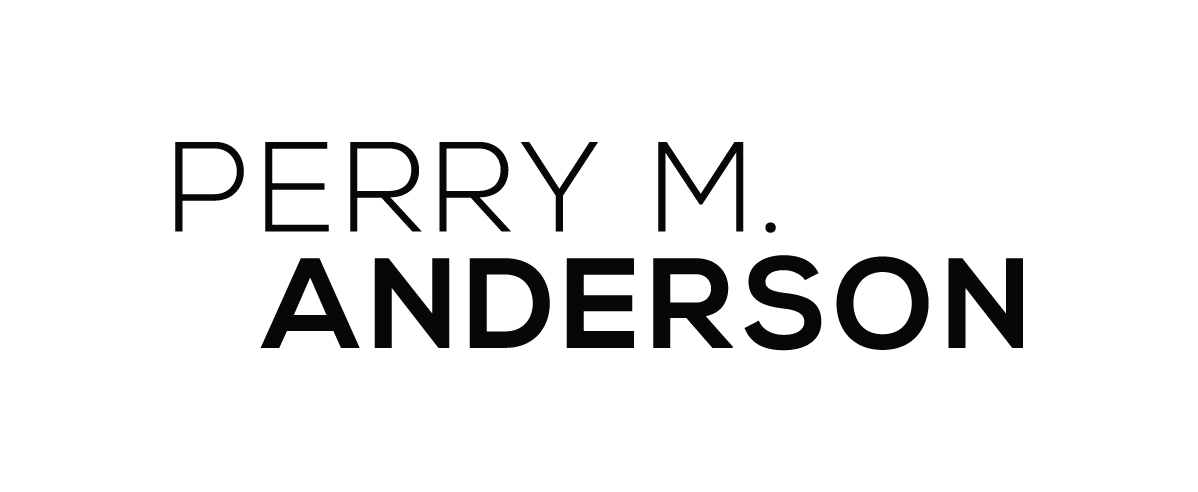Responsibility of Wealth: Do the Rich Have Moral Responsibility to Help the Poor?
The richest 85 people in the world are as wealthy as the bottom half of the world’s population. This gap between rich and poor is still growing. With increasing globalization, the potential for extreme wealth is increasing rather than diminishing - as is the gap between rich and poor.
Debate rages far and wide and to many extremes regarding the problems presented by the reality described above - with the correct strategies to be implemented as solutions. On the one extreme is the Darwinian “survival of the fittest” that advocates every man for himself and if you cannot make it...too bad. The other extreme insists that the correct fairness consists of some manner of predistribution or redistribution of wealth, so that no one has too much and no one has not enough.
Each model along the spectrum is answering the question as to whether the rich have the moral responsibility of helping the poor.
When questioned, I will admit great respect for Andrew Carnegie’s Gospel of Wealth, in which he addressed the new phenomenon of wealth inequality in the later years of the 1800’s. He posited that the practice of patriarchal bequest - leaving one’s riches to one’s offspring in toto - might lead to dissipation rather than industry by the second generation. Rather, moderate maintenance should be provided. Surplus wealth also should not be provided as charity in small sums, which was inefficient and wasteful, nor through programs which were likely to leave the poor in their poverty. The remaining wealth, Carnegie held, should be put to use in large-scale efforts that benefited society as a whole, specifically, in schemes designed to reduce the struggle of the poor by giving them the means to better themselves. Further, the wealthy should themselves administer said programs during their lifetimes.
Carnegie disproved of amassing large fortunes for the sake of amassing private fortune and of ostentatious living, saying: “I should consider it a disgrace to die a rich man.”
While I perhaps do not espouse everything Carnegie recommended, I am uncomfortable with the close-fisted possession of wealth by a select few in the face of so many who are struggling to make a sustainable living. Wealth inequality is leading to a literal entrapment of workers, whose wages are such that all he or she can do is work hard for long hours in hopes of making ends meet. In the meantime, economic policy is being swayed enormously by those with the influence to shift things to their own favor.
My solution to wealth inequality? I enjoy working with individuals who want to run their own businesses. It is relatively easy to find, finance and fix (when necessary) existing businesses. While I show individuals how to do this - typically without risking their own capital - I tend to think that I am helping them to create their own program to help others. These newly-minted CEOs, upon purchase of their small or medium-sized businesses, are instantly in a position to make the decisions that affect both their own best interests and the interests of those they employ. It is incumbent upon them to do the right thing for their employees, for their clients and customers and, ultimately, for the communities within which they operate their businesses.
While plumbing services, health spas and auto dealerships may not be on the scale of the Carnegie libraries or educational foundations, they still make a difference in individual lives. I thoroughly believe that all the small parts add up and will make a larger difference in returning wealth to the many - while restoring the voice of the many to the halls of policy making. So I am supposed that I fall somewhere in the middle of the two extremes - making this my small part of the re-democratization of wealth.

